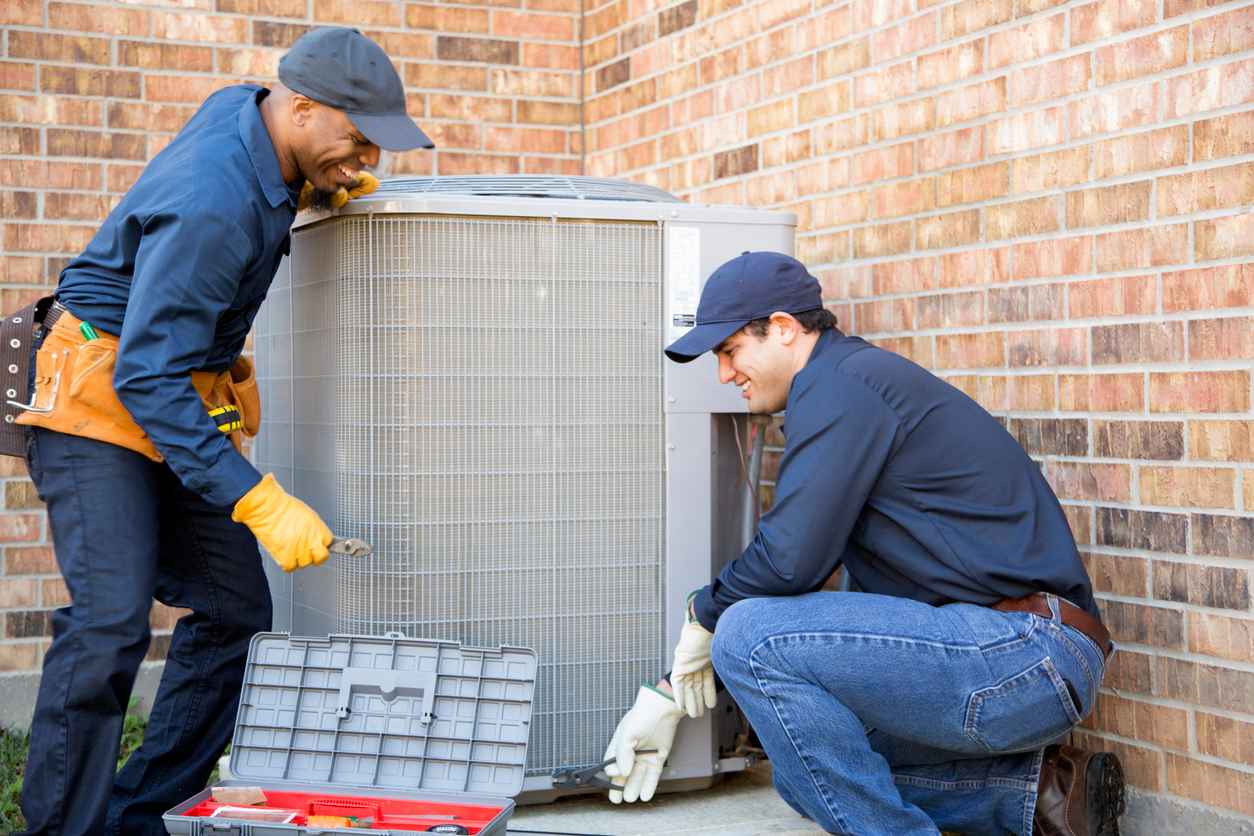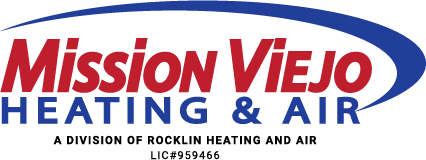Need Service Today? Contact Us Now!
How to Troubleshoot Common HVAC Problems
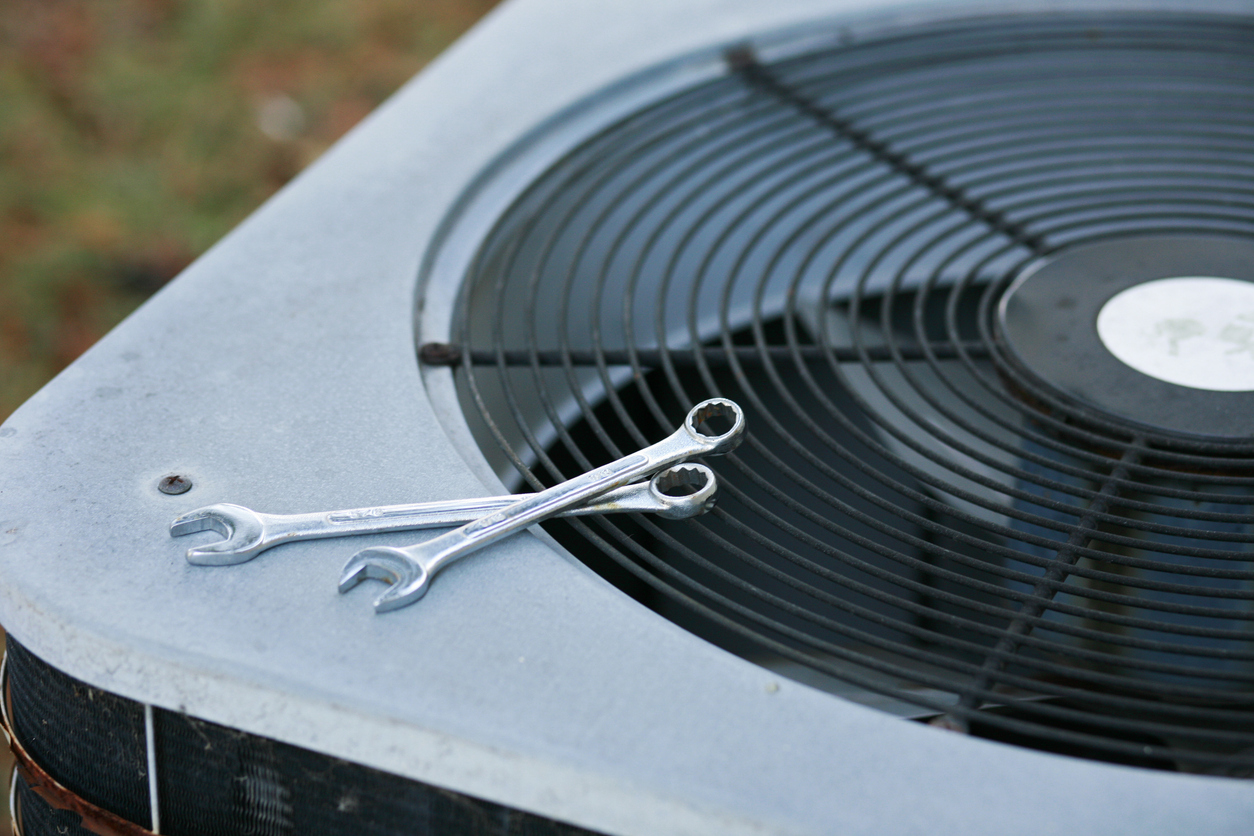
Heating, ventilation, and air conditioning (HVAC) systems are essential for maintaining a comfortable environment in your home or office. However, these systems can sometimes face issues that affect their performance. Understanding how to troubleshoot common HVAC problems can save you time and money, and ensure your system is running efficiently. Here are some tips to help you identify and resolve some of the most frequent HVAC issues.
Dirty AC Filter
One of the most common problems that can affect your HVAC system is a dirty air filter. Air filters trap dust, pollen, and other airborne particles, preventing them from circulating through your home. Over time, the filter can become clogged, reducing airflow and forcing your system to work harder, which can lead to increased energy costs and decreased system efficiency.
Solution: Check your air filters monthly and replace them as needed, typically every 30-90 days. If you have pets, or if your local air quality is poor, you may need to change your filters more frequently. This simple maintenance can prevent more significant problems and help keep your HVAC system running smoothly.
Other Common HVAC Problems
HVAC systems can experience a variety of issues, but some are more common than others. These include inconsistent temperatures, strange noises, and problems with the thermostat.
- Inconsistent Temperatures: If some rooms are too hot while others are too cold, it might be due to issues with ductwork, inadequate insulation, or an improperly sized HVAC unit.
- Strange Noises: Rattling, buzzing, or whistling sounds can be a sign of mechanical problems, loose components, or airflow disturbances.
- Thermostat Issues: Sometimes the problem isn’t with the HVAC unit itself but with the thermostat. An outdated or malfunctioning thermostat can fail to communicate properly with the HVAC system, leading to temperature control issues.
Solution: Regular maintenance is key to preventing many of these issues. Scheduling an annual inspection with a professional can help catch and resolve these problems early. If you notice any unusual noises or behavior in your HVAC system, it’s best to call a technician to investigate further.
HVAC Humidity Problems
Excessive humidity can make indoor environments uncomfortable and can contribute to the growth of mold and mildew. If your HVAC system isn’t properly managing humidity levels, it could be due to several factors.
Solution: First, check to see if your system is sized correctly for your space. An oversized or undersized unit can struggle to regulate humidity effectively. Additionally, consider using a dehumidifier in conjunction with your HVAC system to help maintain optimal humidity levels. Regular maintenance, including checking the condensate drain line for clogs, is also crucial.
Advanced Troubleshooting Tips
For those who are more technically inclined, here are a few additional tips to troubleshoot common HVAC problems:
- Check the Capacitor: The capacitor in your HVAC system can fail after years of service, leading to a non-functioning outdoor unit. Testing and replacing a capacitor should be done by a professional.
- Inspect the Evaporator Coils: Dirty evaporator coils can impede your system’s ability to cool the air effectively. Clean coils are vital for an efficient system.
- Test the Fan Motor: If your system’s fan isn’t running, but the rest of the HVAC unit seems to be working, the fan motor may need to be replaced.
When to Call a Professional
While basic troubleshooting and regular maintenance can be handled by most homeowners, there are times when it’s best to call in a professional. If you encounter electrical issues, refrigerant leaks, or if your system stops working entirely, it’s important to contact a certified HVAC technician. These types of repairs require specific tools and expertise to ensure the safety and proper functioning of your system.
Conclusion
Troubleshooting common HVAC problems can often be straightforward if you know what signs to look for. Remember, regular maintenance is the best way to ensure your HVAC system operates efficiently and effectively. Don’t hesitate to replace your air filters regularly and schedule annual service checks. However, for more complex issues or if you’re unsure of your ability to fix a problem, it’s wise to contact professionals.
If you’re experiencing ongoing issues with your HVAC system or need a reliable service check, contact Mission Viejo Heating & Air. Our team of experienced technicians is here to help with all your HVAC needs, ensuring your system is running perfectly throughout the year.
Recent News

Energy-Saving HVAC Upgrades that Lower Your Utility Bills in Southern California
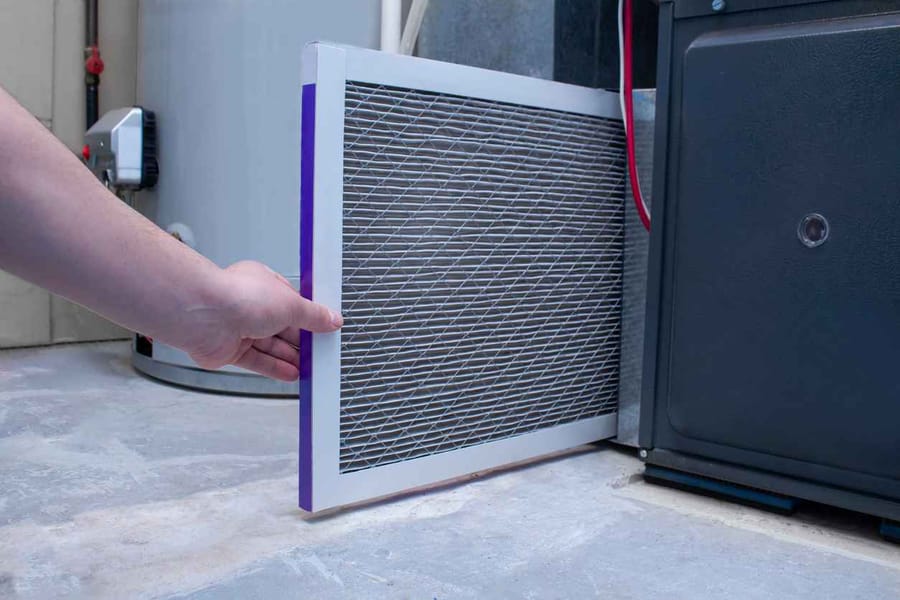
The Importance of Seasonal HVAC Maintenance in Southern California
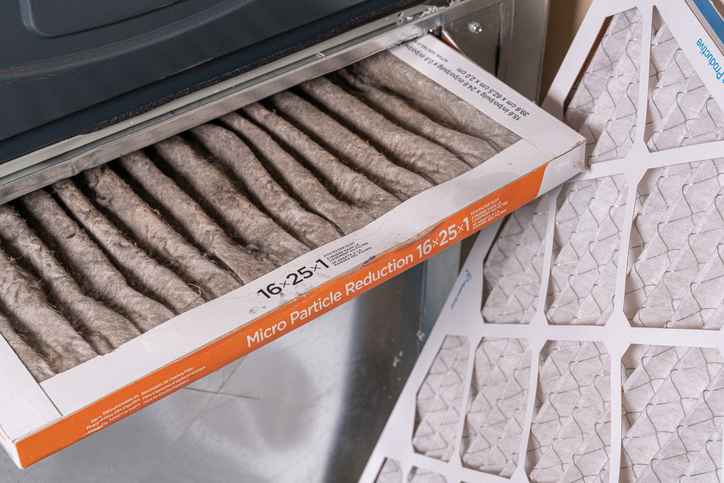
Signs it’s Time to Replace Your Furnace or Heating System
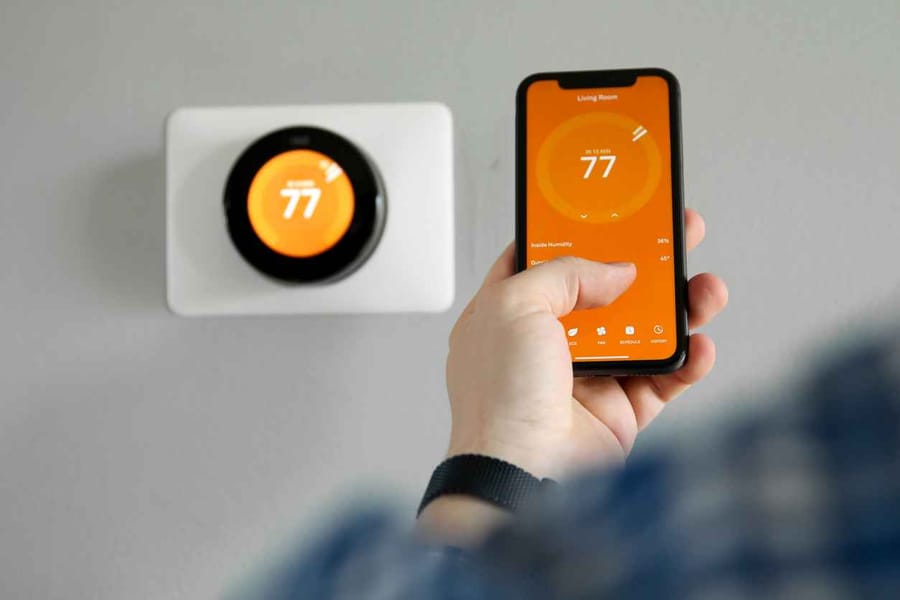
Do You Really Need a Smart Thermostat? Pros, Cons & ROI Explained
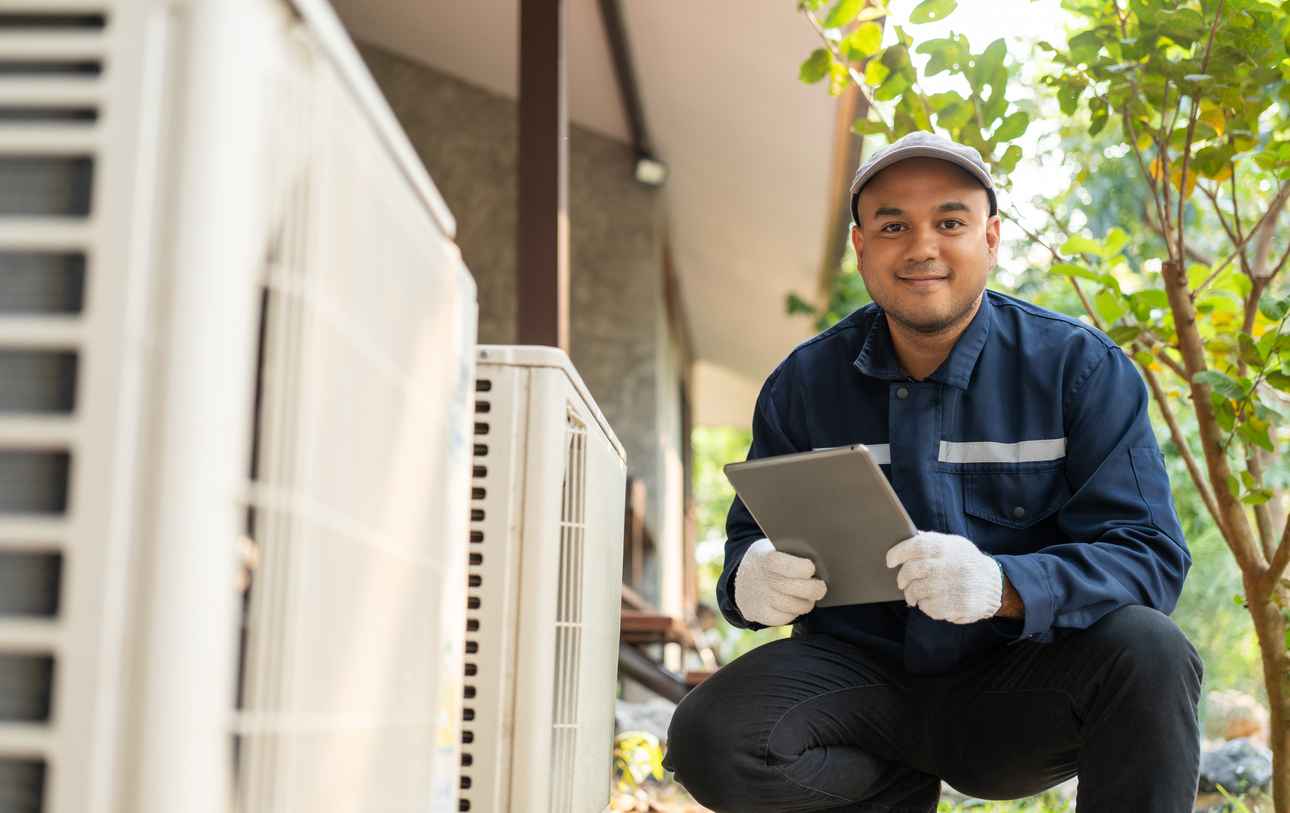
What to Ask Before Hiring an HVAC Contractor in Orange County
